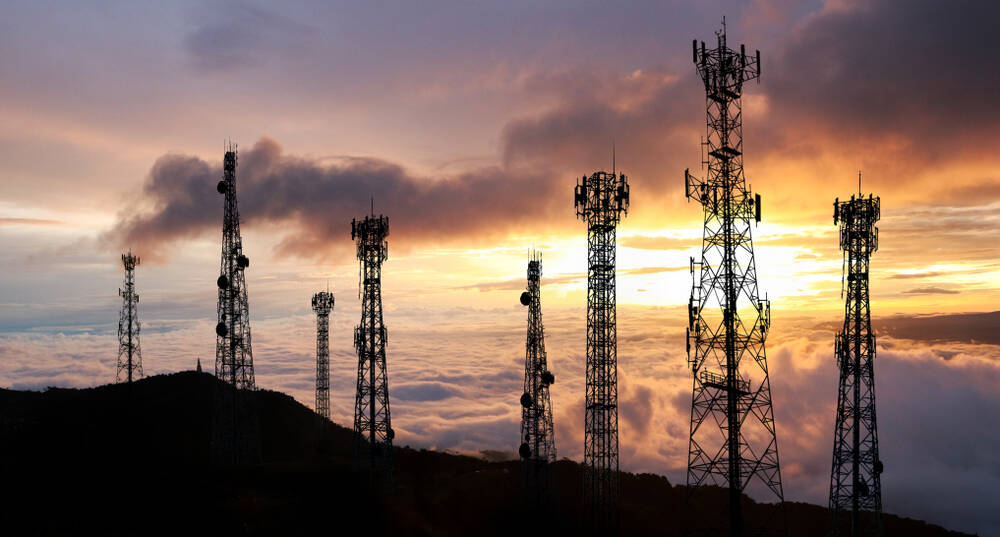Has Amazon Found The Ultimate Lock-in? Cheap Cellphone Service For Prime

Updated Folks in the United States might one day have another option for cheaper cellphone service: Amazon Prime.
Bloomberg claims Amazon is in talks with major US carriers, including Verizon, T-Mobile US, and Dish Network, to offer low-cost phone service to Prime customers.
The move, if true, isn't all that surprising. Mobile virtual network operators (MVNO) are a dime a dozen. Google Fi Wireless, Boost Mobile, Mint Mobile, and Straight Talk are just a handful of the dozens of options available in the US. These companies pay to use larger carriers' networks, then resell that access to customers at low prices.
Amazon reportedly plans to offer service for as little as $10 a month, though it's whispered the web giant is also considering offering the service at no cost to Prime subscribers. Prime customers already pay $139 a year for access to express shipping and Amazon's streaming services, so it could be a way to inspire customer loyalty.
We suppose it's a lot harder to cancel your Prime subscription if you have to go through the rigmarole of porting your number to another network or getting a new one.
Amazon is hardly the first major tech or e-commerce company to go down this road. As we said, Google has operated an MVNO service under the Fi brand for years, meanwhile Walmart has Family Mobile.
- Amazon finds something else AI can supposedly do well: Spotting damaged goods
- Energy efficiency starts to rock telcos' 5G infrastructure choices
- Amazon opens its ad-hoc Wi-Fi-sipping Sidewalk mesh to all manner of gadgets
- Cheating carriers could cost web-starved Americans billions in subsidies
There's no guarantee that Amazon will actually offer the service. The talks have reportedly been ongoing for the past six to eight weeks and have, at times, included AT&T in the mix. According to the report, it could be months before the House That Bezos Built starts rolling out service, if at all.
It's worth noting Amazon doesn't necessarily have to choose one carrier. It's not uncommon for MVNOs to pay for access to multiple networks to ensure nationwide coverage.
It's also unclear what customers might be giving up if they opt to purchase cell service through Amazon. While most MVNOs market unlimited talk, text, and data plans, just like the larger carriers, there are usually some asterisks that need to be taken into account.
Limits on data speed and capped limits, access to 5G spectrum, tethering, and streaming video quality are common caveats associated with cut-rate wireless providers. MVNO traffic also tends to be deprioritized, which means customers could see their data speeds slow to a crawl in congested areas.
The Register asked Amazon for comment on its reported plans; we'll let you know if we hear anything back. ®
Updated to add
"We are always exploring adding even more benefits for Prime members, but don't have plans to add wireless at this time," an Amazon spokesperson told The Register. Make of that what you will.
From Chip War To Cloud War: The Next Frontier In Global Tech Competition
The global chip war, characterized by intense competition among nations and corporations for supremacy in semiconductor ... Read more
The High Stakes Of Tech Regulation: Security Risks And Market Dynamics
The influence of tech giants in the global economy continues to grow, raising crucial questions about how to balance sec... Read more
The Tyranny Of Instagram Interiors: Why It's Time To Break Free From Algorithm-Driven Aesthetics
Instagram has become a dominant force in shaping interior design trends, offering a seemingly endless stream of inspirat... Read more
The Data Crunch In AI: Strategies For Sustainability
Exploring solutions to the imminent exhaustion of internet data for AI training.As the artificial intelligence (AI) indu... Read more
Google Abandons Four-Year Effort To Remove Cookies From Chrome Browser
After four years of dedicated effort, Google has decided to abandon its plan to remove third-party cookies from its Chro... Read more
LinkedIn Embraces AI And Gamification To Drive User Engagement And Revenue
In an effort to tackle slowing revenue growth and enhance user engagement, LinkedIn is turning to artificial intelligenc... Read more

